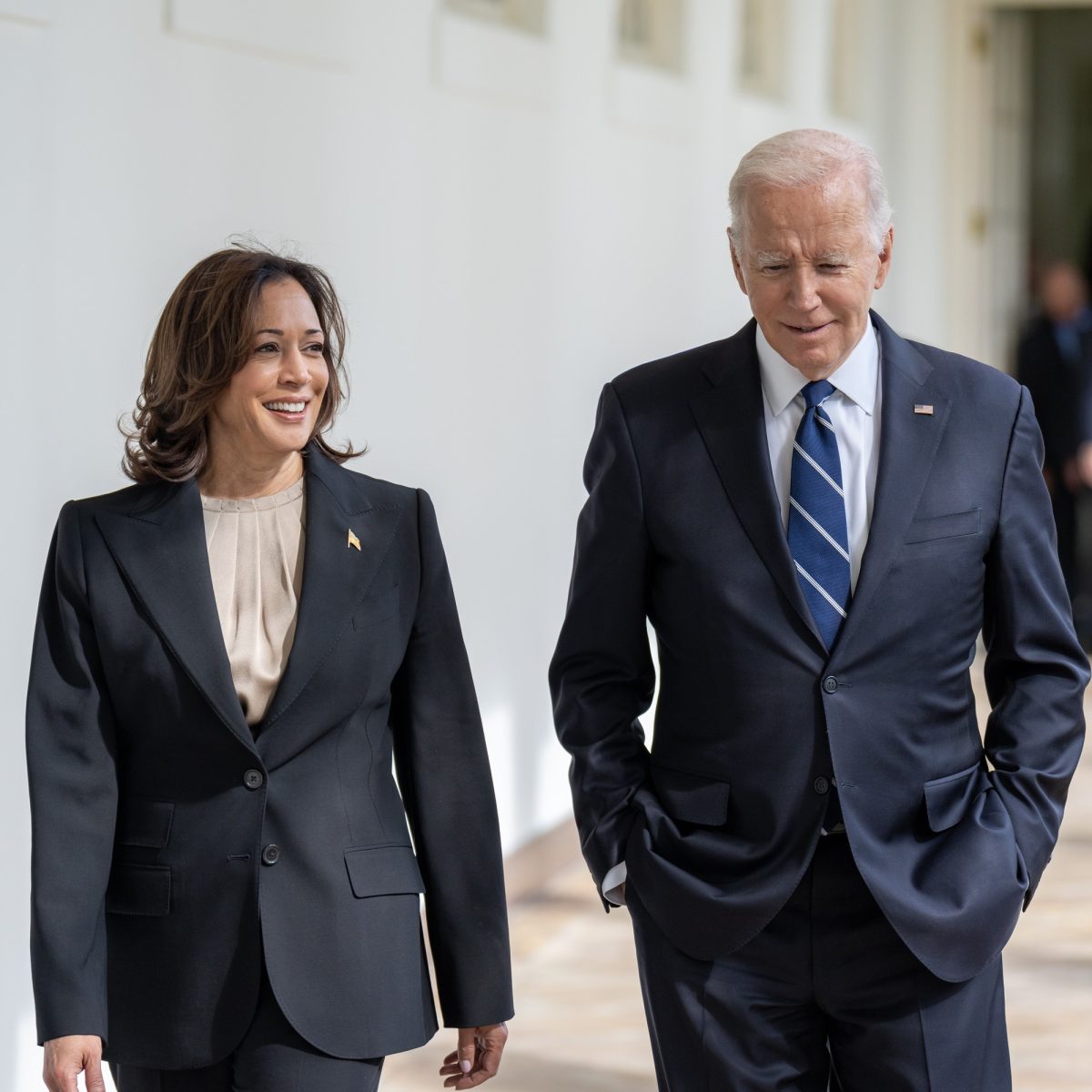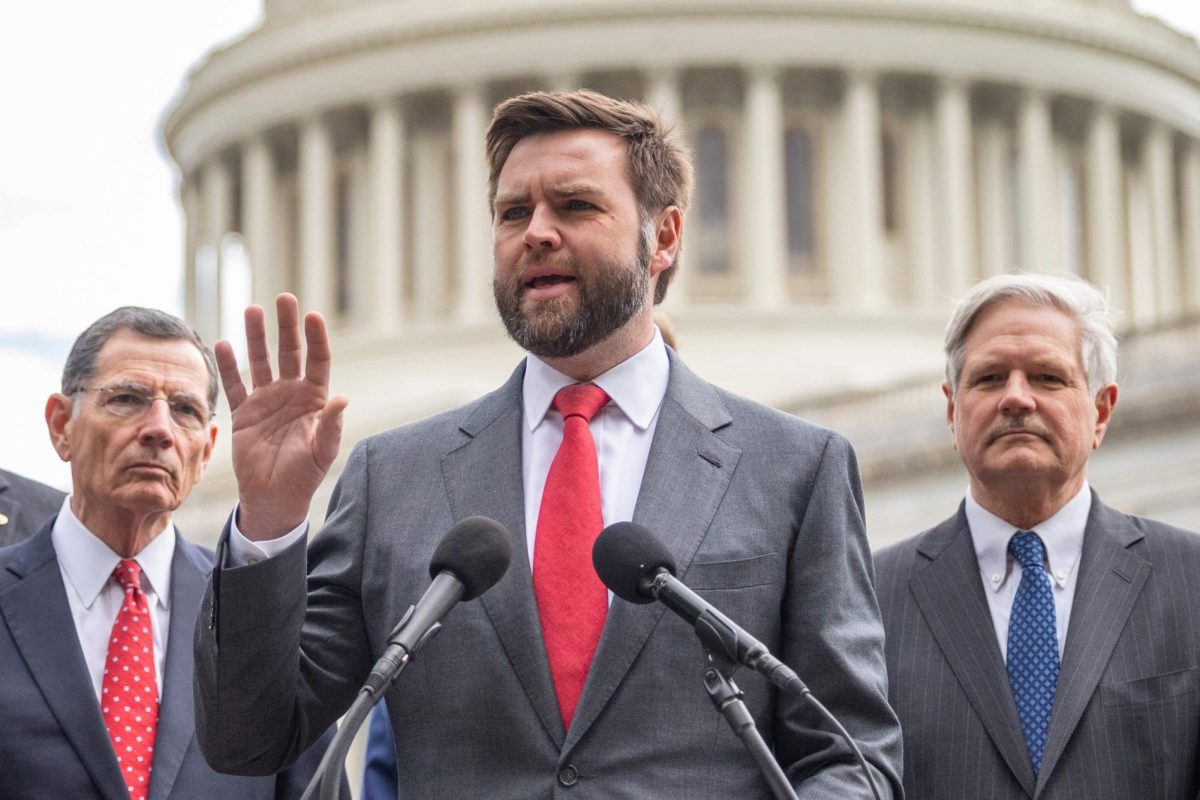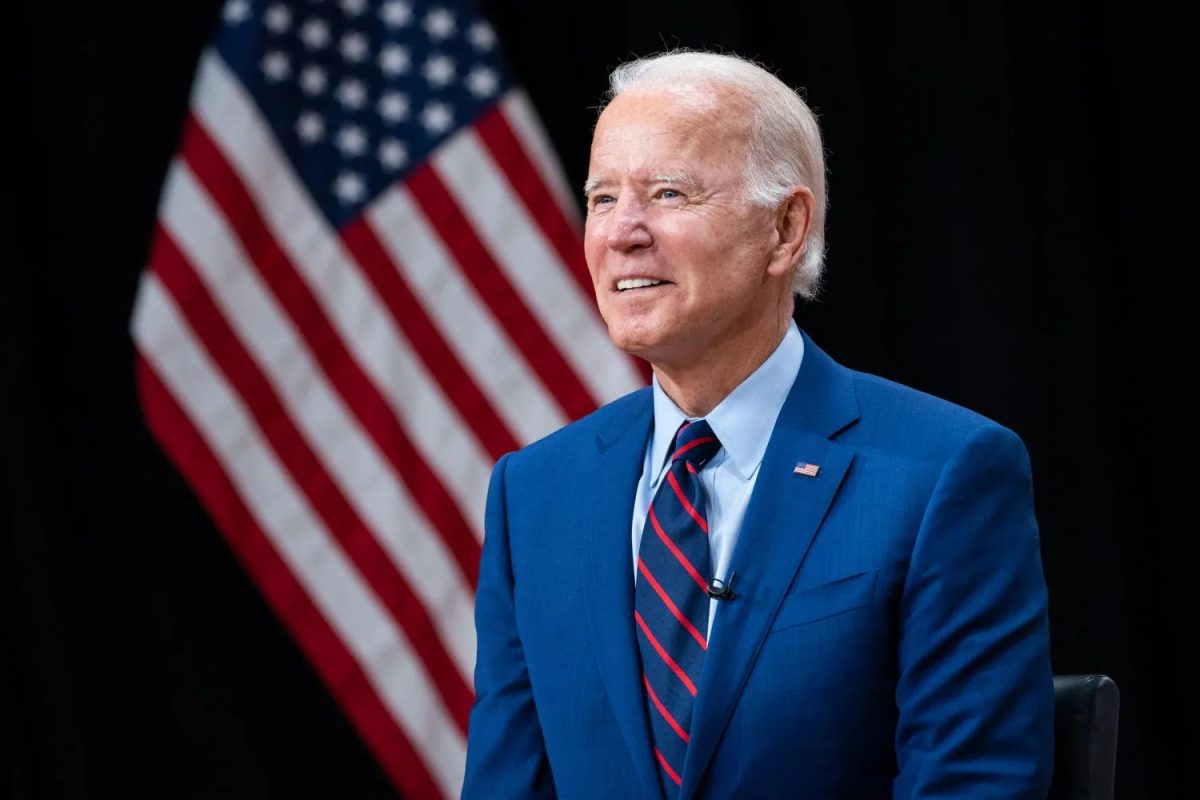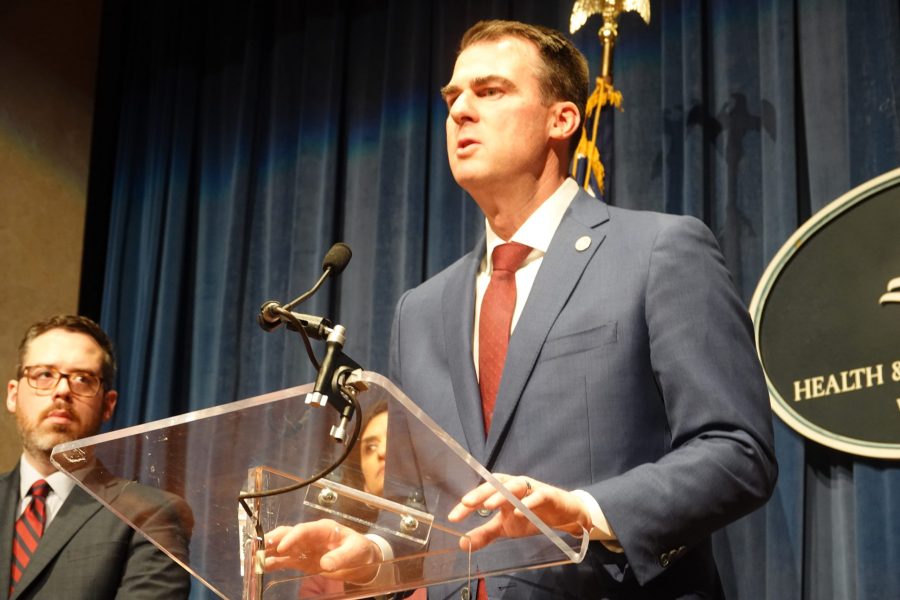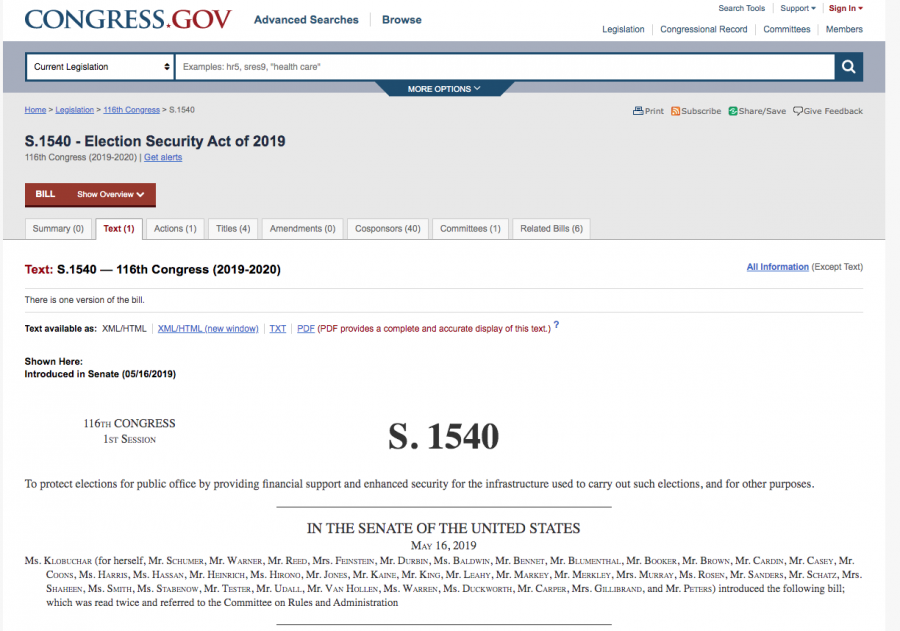Washington – A sweeping two-year budget plan to keep the federal government funded, increase spending on both defense and non defense programs and suspend the national debt ceiling drew bipartisan support from members of Oklahoma’s congressional delegation but created an unusual split among its Republican members.
When the U.S. House approved H.R. 3877 by a vote of 284 to 149, Reps. Frank Lucas (R-OK3), Tom Cole (R-OK4) and Rep. Kendra Horn (D-OK05) voted with their party leaders and President Trump to support it while Reps. Markwayne Mullin (R-OK2) and Kevin Hern (R-OK1) broke with top Republicans to vote against it.
Oklahoma’s two U.S. senators – Republicans Jim Inhofe and James Lankford – also are expected to split when their chamber votes on the plan in the coming days with Inhofe voting for it and Lankford opposing it.

Announced by Trump and quickly endorsed by congressional leaders by both parties, the plan, largely hammered out by House Speaker Nancy Pelosi (D-CA12) and Treasury Secretary Steven Mnuchin, increases defense spending from $716 billion in the current fiscal year to $740.5 billion in fiscal year 2021 and nondefense spending from $605 billion to $634.5 billion during that same time period.
It also avoids the type of partisan budget disputes that marked Trump’s first two years in office and led to the longest government shutdown in history less than a year ago, returns the current appropriations process to something akin to regular order and ends a threat of a catastrophic default on the nation’s debt.
“While I’m still concerned about increasing our national debt, I’m more concerned with the crippling economic effects that would be felt by all Americans should the U.S. default on the national debt and witness automatic sequestration cuts,” Lucas said.
He also stressed the clarity the plan brings to the appropriations process and its commitment to a modern military.
Cole described the bill, while not perfect, as an example of what can be achieved by compromise in an era of divided government.

He also listed bipartisan wins as avoiding the “horrific consequences” of defaulting on the debt and the devastating sequestration cuts.
“Finally, it allows us to resume the process of rebuilding our military after years of under funding left it with a severe readiness crisis,” Cole said.
Horn offered similar reasons for supporting the bill including, as a member of the House Armed Services Committee, its funding for the military, a major goal for Republicans.
“Our military is still recovering from the three percent budget cuts that were put in place during the 2011 sequester,” she said.
“We needed to pass this budget agreement to avoid drastic federal funding cuts to Tinker Air Force Base and the FAA’s Mike Monroney Center as well as to healthcare, education and other important programs Oklahomans rely on.”
Members of both parties who opposed the bill focused their criticism on its additional spending with some citing the nation’s $23-trillion debt and warning its unsustainable budgetary path will only worsen if the bill becomes law.
“In the first four years (of) this president’s presidency, we’re going to be spending more money than Obama did in his last six years,” Mullin said on Fox Business Network. “That’s not acceptable. We can do better.”
Over on the Senate side, Inhofe, chairman of the Senate Armed Services Committee, welcomed the budget agreement, the predictability and additional funding it provides for the nation’s defense.
He expressed disappointment the topline number for defense funding did not match the $750 billion called for in his Senate-passed National Defense Strategy Commission.
According to media reports, Lankford, a member of the Senate Appropriations Committee, spoke of its lack of long-term budget Controls.
House moves to block deportation of some Venezuelans
The House approved a bill designating Venezuela for Temporary Protected Status, which its sponsor, Rep. Darren Soto (D-FL9), said would protect roughly 200,000 Venezuelan nationals in the U.S. from Deportation.
Horn and Cole voted for the bill while Hern, Mullin and Lucas voted against it. Passed by a vote of 272 to 158, H.R. 549 now goes to the Senate.
Delegation joins with others to stop robocalls
All five Oklahomans in the House voted for a bill to stop robocalls, which overwhelmingly passed by a vote of 429 to 3.
Senate confirms Esper for defense secretary
Introduced by Rep. Frank Pallone, (D-NJ6), H.R. 3375 now goes to the Senate. Inhofe, who believed the Defense Department had gone too long without a Senate-confirmed secretary, moved quickly on Mark Esper’s nomination for that top Pentagon post, steering it to a 90 to 8 vote in the Senate with Lankford’s support.
Esper was sworn in July 23, only eight days after Trump officially nominated him.
Lankford joined other U.S. senators in touring facilities on the southern U.S. border to provide oversight and assess immigration areas that Congress should address.
Sens. Joni Ernst (R-IA) and Bill Cassidy (R-LA) also made the trip.

